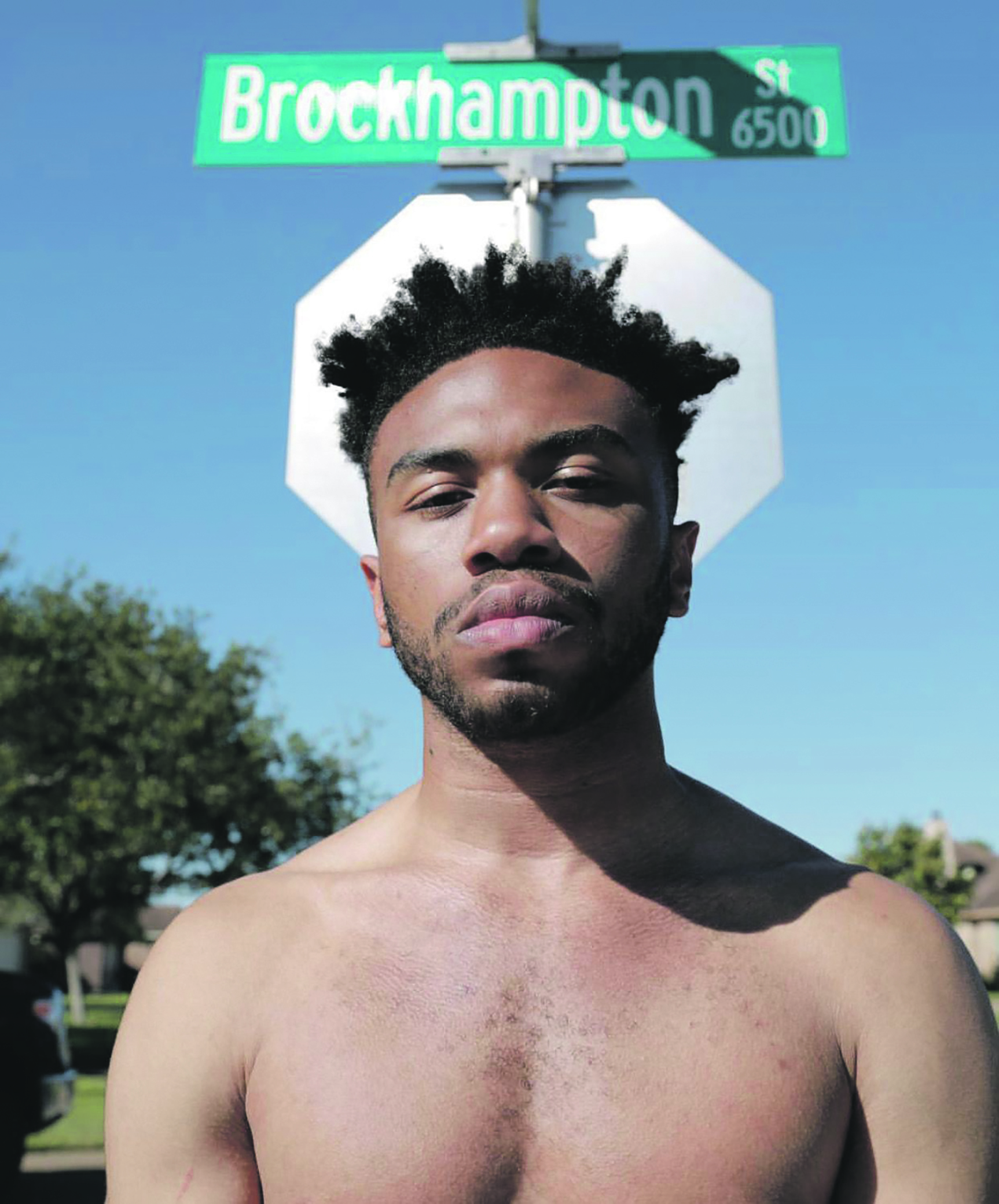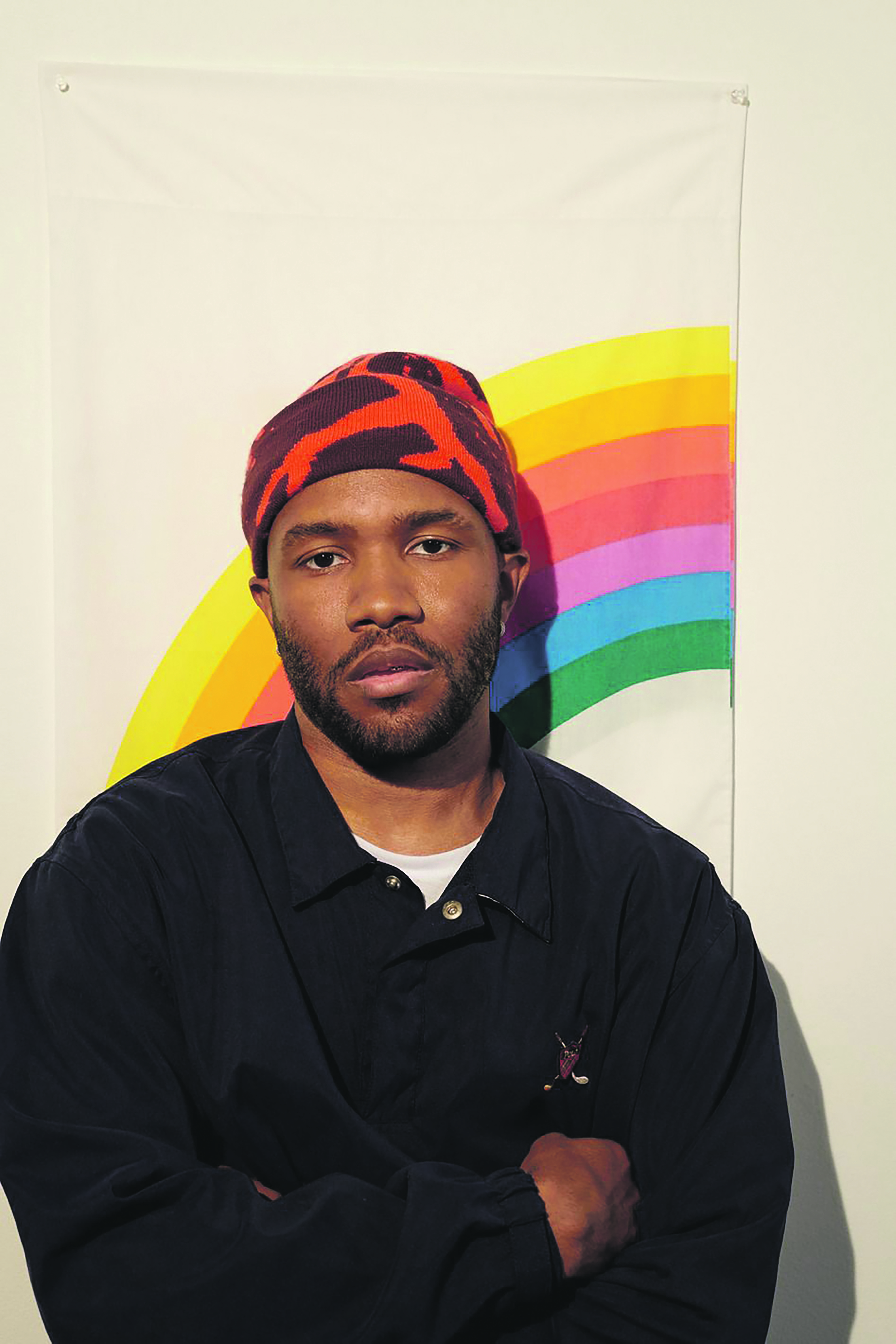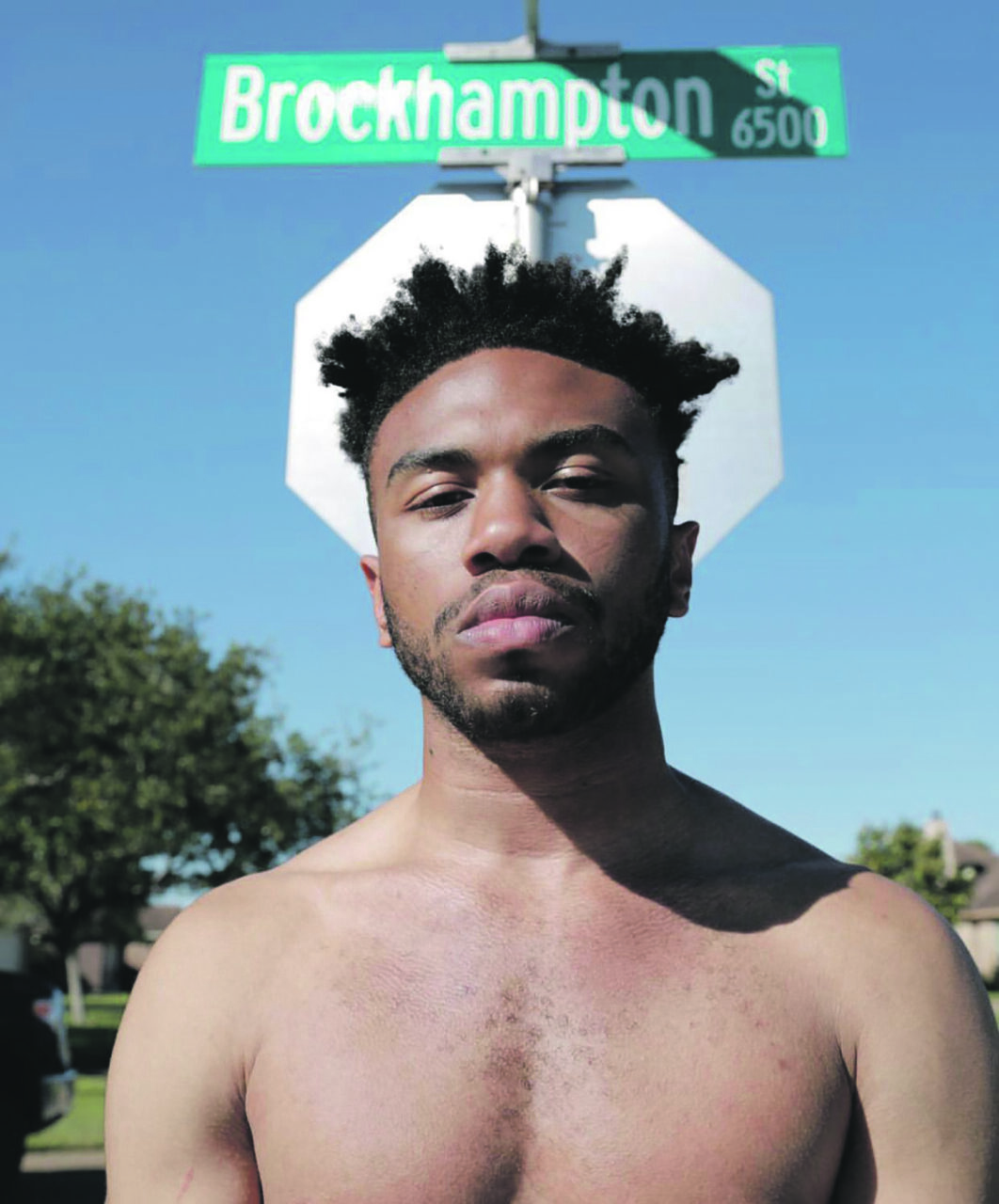Sexuality in Music: Will Hip-Hop Ever Be Free From Homophobia
 By Resonate | April 27, 2022
By Resonate | April 27, 2022
Words by Rosie Burgess
Over the years, hip-hop has been portrayed by the media as violent, and overtly masculine by the artists with the most fame and recognition. Although the origins of hip-hop developed in the 1970s influenced by disco, which had huge popularity among the LGBTQI+ community, early hip-hop artists have been expressing anti-LGBT messages for decades. An early example of this is ‘Rapper’s Delight’ by Sugarhill Gang, which was the first hip-hop song to reach the charts and refers to Superman as a ‘fairy’ in reference to his tight superhero costume. Released only ten years after the decriminalisation of homosexuality, this sort of language may not come as a surprise to us today considering its historical context, however, these stereotypical views of masculinity and femininity continued to be voiced by hip-hop artists throughout the 1990s and 2000s. Eminem used gay slurs in his song ‘Criminal’, claiming that this lyric “was a reference to taking away someone’s manhood and not related to the LGBT community.” However, this idea of homosexuality still correlates to a lack of ‘manhood’, reinforcing harmful stereotypes of the LGBTQ+ community.

Famous artists in the genre were not only expressing these views in their lyrics but in interviews as well. In 2004, 50 Cent told Playboy, “I don’t like gay people around me, because I’m not comfortable with what their thoughts are.” Today, these outwardly homophobic and ignorant comments seem outrageous. However, it seems at a certain time in hip-hop these opinions were accepted and even expected, additionally shown by Snoop Dogg’s infamous claims of homosexuality being “acceptable in the singing world, but in the rap world I don’t know if it will ever be acceptable because rap is so masculine.” Again, there has always seemed to be an idea present in rap that masculinity and homosexuality cannot exist in the same space. A constant battle to prove masculinity in hip-hop music may be one of the key reasons why the LGBTQ+ community and women are often underrepresented and misrepresented so harshly in the genre.
However, the situation seems to have improved incrementally. The homo hop movement appeared in the 1990s and was influenced by the hip-hop group Rainbow Flava, as a reaction to homophobic lyrics by mainstream hip-hop performers. This movement featured a wave of artists and groups such as Deep Dickollective and Cazwell who used aggressively pro-gay lyrics and themes to directly confront homophobia in rap and hip-hop.
Since the 2000s, we have seen more artists coming out or condemning homophobia. In 2005 Kanye West was one of the first rappers to publicly denounce homophobia in an interview with Sway Calloway for MTV News, inspired by his cousin coming out. When reflecting on his own past discriminatory attitudes, West said, “It’s like I was racing to try to find that constant masculine role model, to the point where I would really discriminate.” At a time when no other hip-hop artists with such a level of fame were standing up for gay rights and openly educating themselves on the topic, it’s clear to see that this may have been a step in the right direction to make mainstream fans and artists aware of the effects of homophobia in music.

Since these early pushes for equality, the representation of the LGBTQI+ community in the hip-hop scene has rapidly improved and increased with major artists like Azealia Banks, Frank Ocean and Kevin Abstract publicly coming out and using their art as a way to express their sexualities. Kevin Abstract, who came out in 2016, two years after his debut album, voiced that he has to “exist in a homophobic space in order to make a change and that homophobic space would be the hip-hop community.” He went on to say that “just existing and being myself is making change and making things easier for other young queer kids.”
Indeed, the rise in LGBTQI+ representations in all forms and genres of music improves widespread acceptance of minorities and can help to validate the identities of minority youth. As music expert Will Lavin states, “people are calling out prejudice in all forms, and society is holding the perpetrators accountable., it gives those who want to be themselves a sense of security and support.” We can hope that this only continues in the future, as we work towards a world where all minorities and groups are accepted in all areas of the music industry.
To read more Industry Insights, click here.